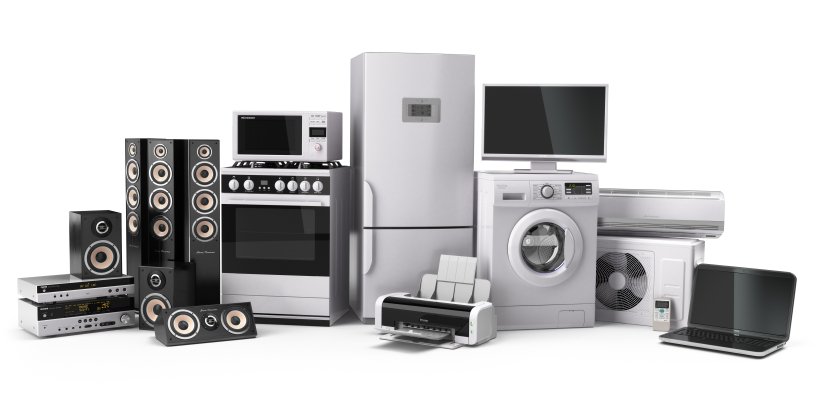
Although most homeowners understand the need to save energy and conserve resources, not everyone knows some ways to save energy have become regulated. The Department of Energy, under the direction of President Biden, has enacted several new standards that mandate energy requirements for the manufacture of new appliances. According to the Department of Energy’s website, their Buildings Technologies Office is now actively enforcing energy conservation touchpoints for more than 60 categories of appliances and equipment. Here are some of the ways government enforcement impacts energy efficiency.
New Standards for Appliances
Although government restrictions on appliances have not yet mandated a switch for Americans to energy-efficient appliances, current regulations now place strict limitations on how many appliances must be made. According to This Old House, every air conditioner or air-source heat pump installed since 2023 must meet new standards that enforce energy efficiency. These new appliances are inspired by DOE research and efforts, which began in 2021. According to the DOE, these new regulations are projected to generate consumer energy savings of over $1 trillion in the next 30 years and will decrease US greenhouse gas emissions by at least 2.5 billion metric tons in the same period.
Local Standards for Window Design
Although building codes vary by municipality, builders of rental properties must abide by specifications that dictate standards for window construction. This may be inspired by statistics that show gain and loss of heat through windows is responsible for between 25% and 30% of residential heating and cooling energy use. This has led several states to offer state tax rebates to those who install energy-efficient windows. Home contractors must check the local building code to ensure they meet the necessary standards for window design.
Increase in the Number of Smart Homes
New standards in technology have inspired many prospective homeowners to request the installation of “smart home” technology for all the systems in their homes. According to Oberlo, almost 70 million American homes use smart technology. These homes allow their owners to have more control over temperature, light, and water use in their homes. Even homeowners who don’t have a completely “smart” home can see the advantages of using these upgraded systems for selected appliances.
Implications of Increased Smart Home Numbers
According to the National Association of Home Builders, within the next three years, over 40% of Americans will have a connected device in their home. The same website speculates that homes without intelligent technology will be worth less than those with connected devices. The increase in these systems will create an unexpected learning deficit for homeowners who must learn how to do maintenance within their homes.
Increased Availability of Energy Star Appliances
To make energy-efficient appliances available to more Americans, the US EPA (Environmental Protection Agency) began a campaign to mass-market appliances that earn the Energy Star certification. These appliances are compatible with smart home systems. In addition to standard energy-saving features, the newest of these appliances can provide you with suggestions about how to reduce your energy consumption, based on your current use.
Decrease in Federal Civil Court Cases
Because of the standards implied by the term “smart home,” homeowners have expectations for performance standards when appliances or systems are installed using the “smart” designation. When contractors promise a “smart” system, and results are substandard, that could result in a civil suit. Although some legal contests may end up in court, only 1% of Federal civil court cases will reach a court. (This contrasts with over 11% of 1962’s Federal civil cases which resulted in a trial.)
The conversion to energy efficiency won’t happen overnight. Consumers who understand the reason for needed changes may still feel frustrated by the increase in government influence on appliance design. However, since, as global citizens, we all have a stake in the future of our planet, we should begin taking steps to embrace technology that supports a healthier future.
Featured image source: Department of Energy